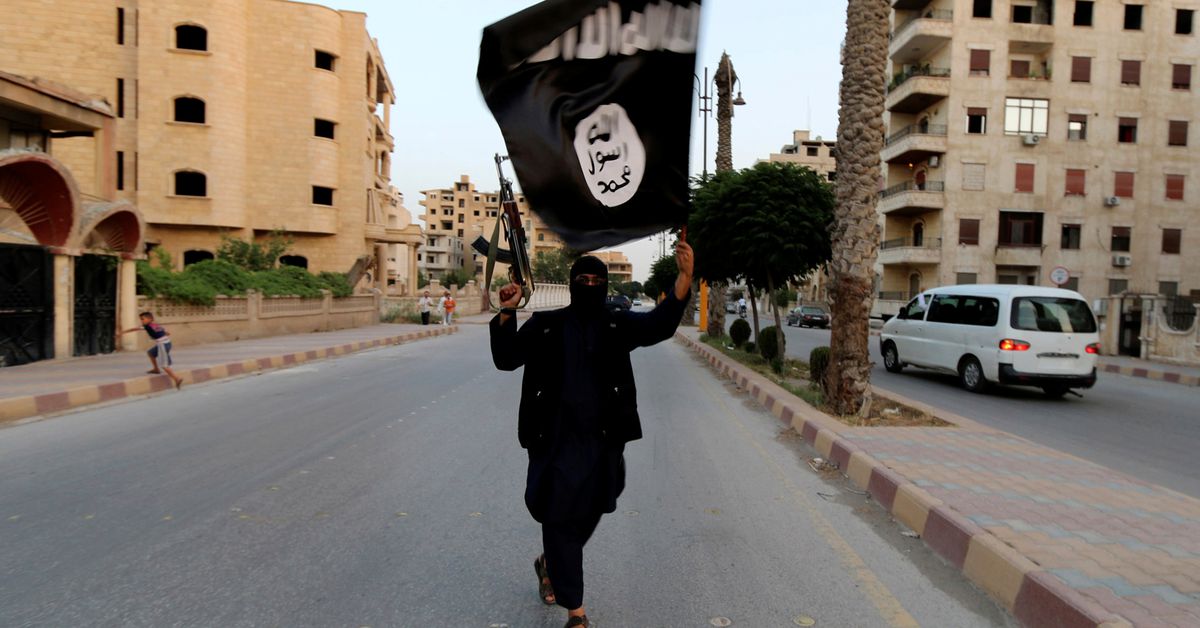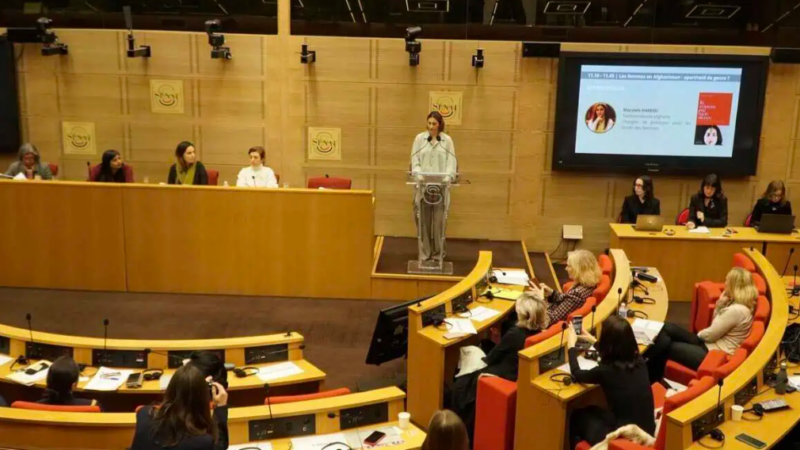Taliban more concerned if women are in hijab than dealing with humanitarian crisis in country

Taliban is more concern about the women not being shown in public spaces than actually solving the problem of humanitarian crisis like hunger and economic fall down. Taliban follows the hard-line interpretation of Shariya. Ministry for the Promotion of Virtue and Prevention of Vice issued “religious guidelines” calling on Afghanistan’s television channels to stop showing dramas and soap operas featuring women actors. It is not yet clear that when these guidelines will be issued or will it be issued at all. But Taliban is trying to remove women from public spaces.
The new guidelines also fly in the face of the claims of the new rulers and their supporters that Taliban 2.0 are moderate and different from the older version of late 1996 and that they would be more accommodating towards women and minorities now. True, the Taliban have allowed domestic and international media to operate in Afghanistan, albeit with some restrictions. But they have yet to live up to their pledges to the international community to respect human rights and form a broad-based government that includes women in its ranks.
There was some optimism following the Troika Plus meeting in Islamabad this month that the Taliban were listening to international concerns regarding key human rights issues; the world at large was also keen to find a way to help millions of Afghans in the country. Surely, the guidelines have not helped in improving the world’s perception of the hard-line rulers. The Taliban leadership, that previously shied away from being photographed, now love to be on camera giving interviews, and some of them to women journalists. They must know that they are ruling a new Afghanistan with a vibrant and resilient media and an active, educated urban youth on social media. They can neither be wished away nor pushed away from public discourse or denied entertainment within the legitimate confines of Afghan social values.
They must also realise that they have far more serious issues at hand to tackle. Just on Monday, the UN pushed for more urgent action to prop up Afghanistan’s banks, warning that the country’s financial system could collapse within months due to the liquidity crunch, low cash deposits and people’s inability to repay their loans. “Afghanistan’s financial and bank payment systems are in disarray. The bank-run problem must be resolved quickly,” the UNDP said in a report. Stressing that the situation was dire, the report said the world needed to think “outside the box” to save the system. It is a warning that must be heeded.






